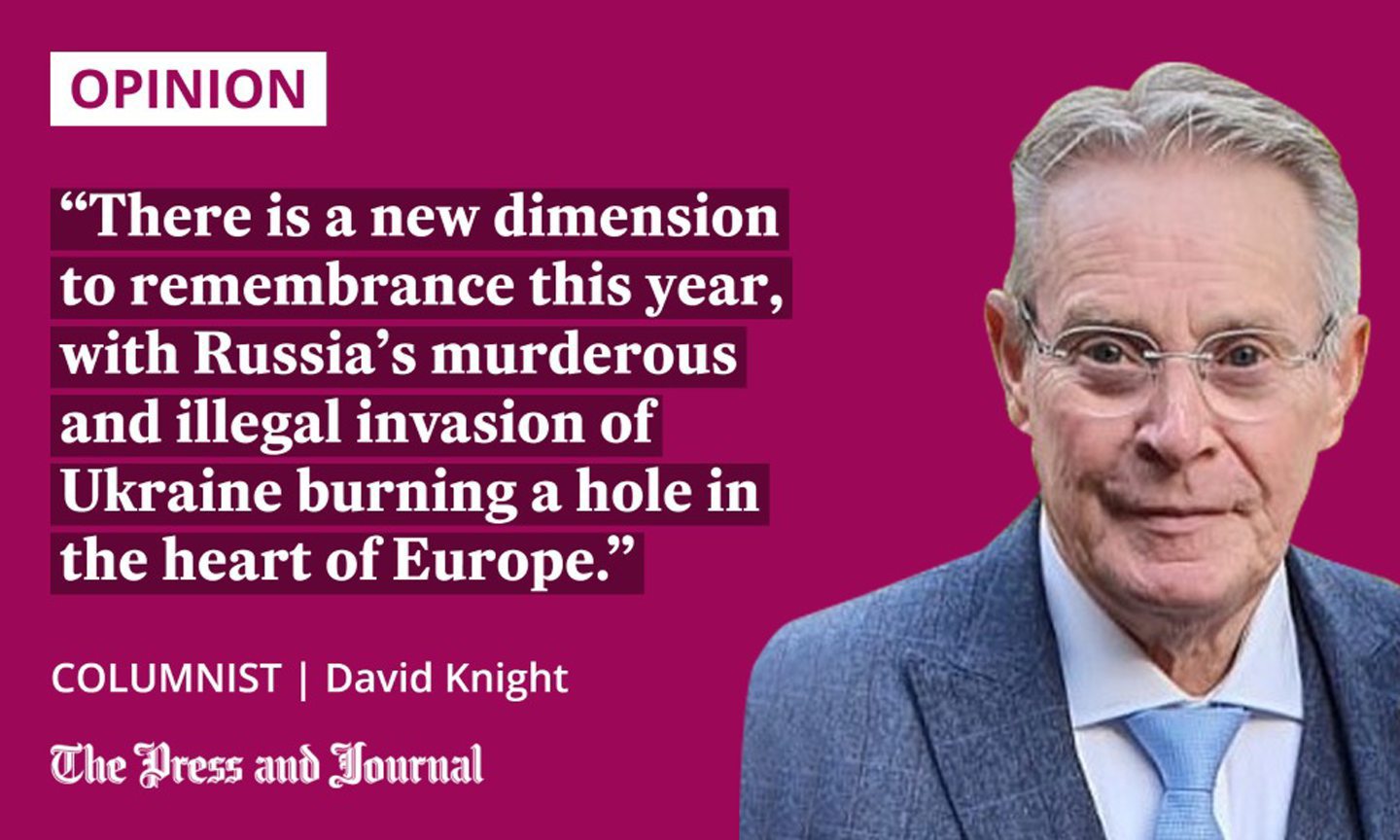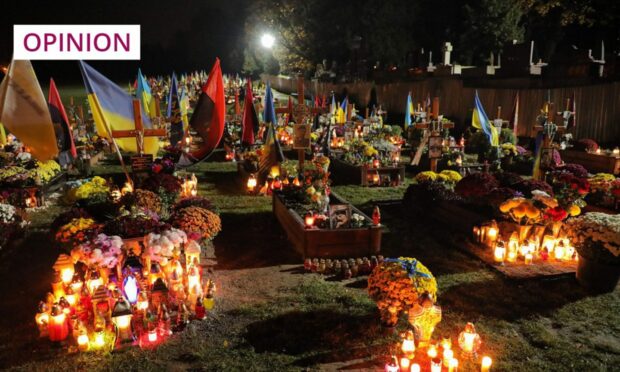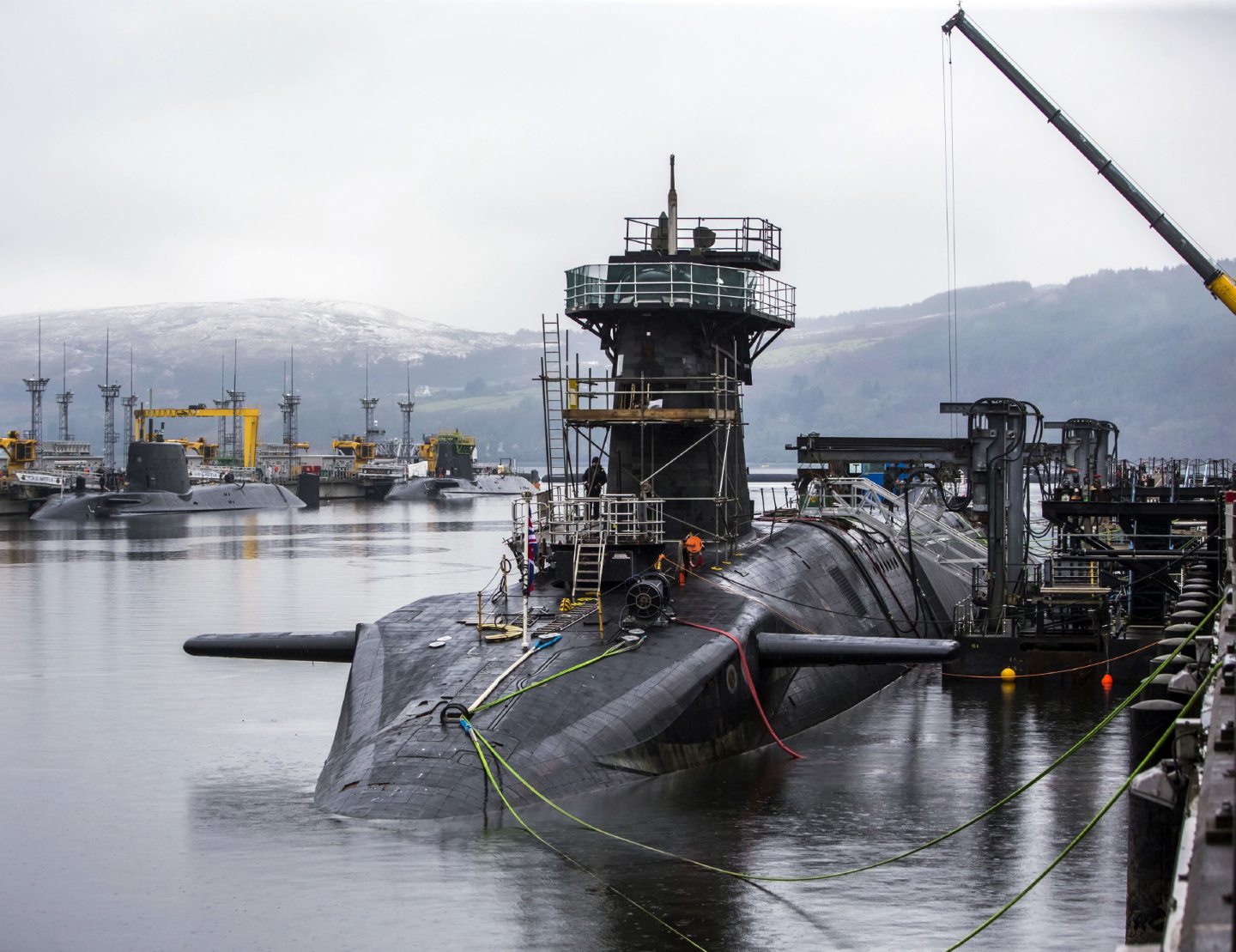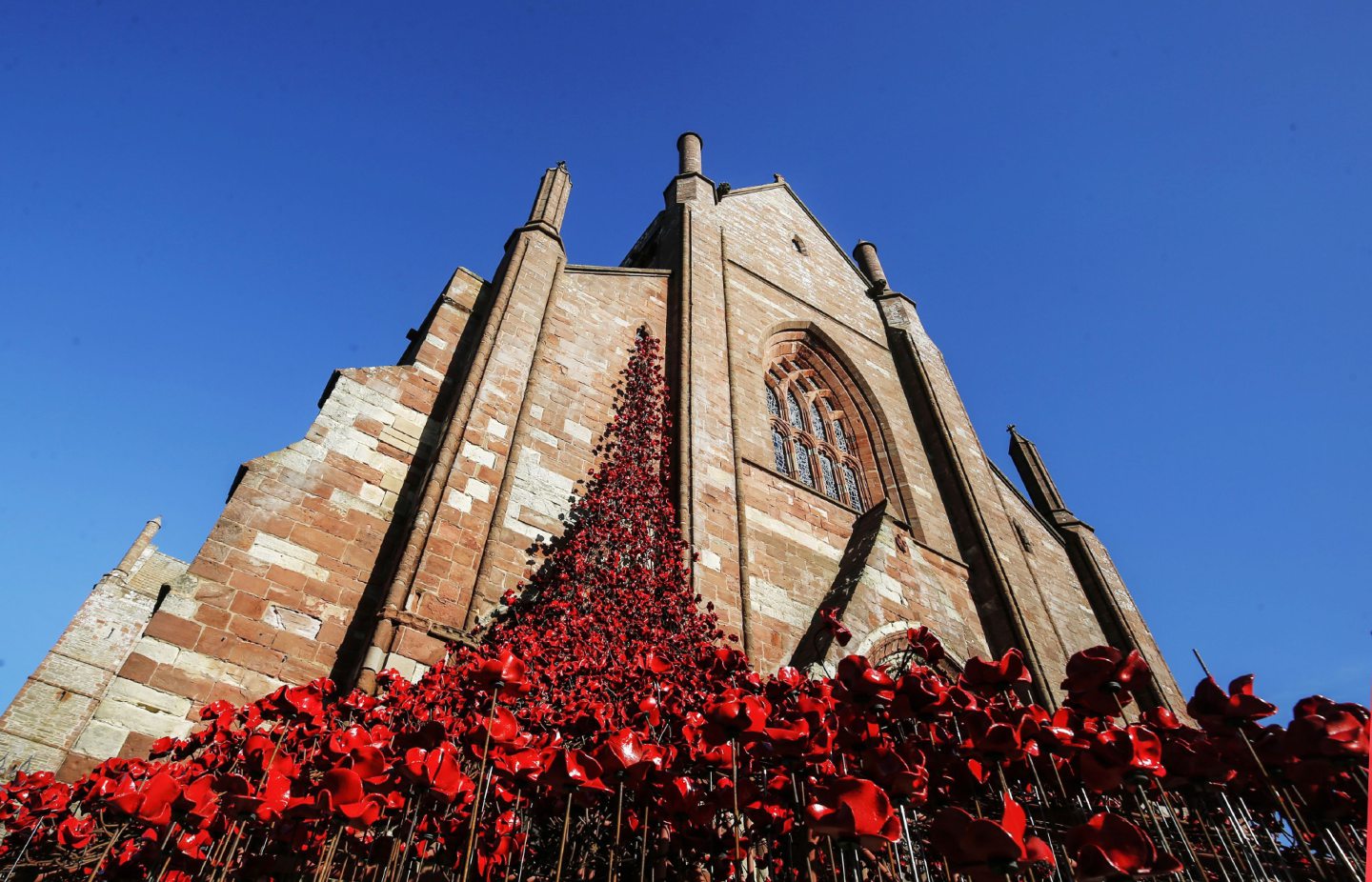‘It must never happen again,’ we chime every Remembrance Sunday. But, it is happening again – in Ukraine, writes David Knight.
I think it must have been something to do with Das Boot. You know, the gripping German drama about the trials and tribulations of a U-boat crew in World War Two.
The saga begins with the seemingly unbeatable Nazi submarines scything through Allied shipping with deadly torpedoes. But, brilliant British intelligence work and devastating new anti-submarine technology put paid to that.
The hunters became the hunted: the British began wiping out Hitler’s beloved former weapons of mass destruction.
There was a famous Victoria Cross won in 1944 by Aberdeen RAF pilot John Cruickshank, aged 24, who caught a U-boat on the surface off Norway and sank it, despite suffering 72 separate wounds from return fire while attacking.

In Das Boot, I lost count of the number of times the crew sank to the sea bed after being hit like sitting ducks. The terrifying, claustrophobic atmosphere was captured perfectly.
I felt as sweaty and breathless as them on my sofa as their oxygen drained away, and asphyxiation or drowning seemed the likely outcome.
So, I blame the Das Boot effect for declining a family invitation to join a day trip off Lanzarote recently.
Underwater adventure? No thanks
We were on holiday en masse with the grandkids. My dilemma was that the trip involved clambering into a small tourist submarine and descending into the briny. And, to make it worse, part of the voyage involved staring at the broken hulks of sunken vessels.
By coincidence, I’m sure there was an episode of Das Boot where they sailed past Lanzarote while trying to escape a British destroyer.
Call me a wimp, but I felt queasy about the proposed underwater adventure. The sub “only went down 100ft” I was told, but it didn’t matter – it would have felt like 100 fathoms to me.
Needless to say, they all had a great time and came back safe and sound.
A new dimension to remembrance
There’s a clutch of other war dramas out at the moment, and I have been catching up on them.
These include the BBC’s swashbuckling SAS: Rogue Heroes, based on the incredible, almost unbelievable story of the legendary regiment’s formation and early daredevil missions in North Africa during World War Two. And, a mesmerising, monstrous masterpiece – the latest version of All Quiet on the Western Front on Netflix, a study of trench warfare in World War One from the German side.
Military clothing suppliers cannot keep pace with the production line of mass slaughter
Uniforms are stripped from mountains of corpses, sent away to be washed and mended – then handed over to unsuspecting new recruits. Military clothing suppliers cannot keep pace with the production line of mass slaughter.
Particularly poignant with Remembrance Day ahead of us.
But, there is a new dimension to remembrance this year, with Russia’s murderous and illegal invasion of Ukraine burning a hole in the heart of Europe.
Need for nuclear deterrent has been proven
Lulled into a false sense of security, many thought we could do without a nuclear deterrent and play happy families with powerful potential enemies. This fantasy concept went up in smoke as the first Russian missiles thudded into Ukrainian soil.
Nicola Sturgeon’s controversial briefings to push for another vote on Scottish independence must cover defence at some point.
An independent SNP Government would kick the UK’s Trident nuclear deterrent out of Scotland. But Scotland is a vital northern flank in Nato’s defences against Putin, especially as he has designs on the Baltic states – just a hop and a skip away from us.
Call it scaremongering if you like, but events in Ukraine tell us something else.
How could Sturgeon be taken seriously over Nato and EU membership after banishing Trident? This might become one of the first independence policies to be dropped; after all, being in the EU doesn’t really make you independent.
Just months before the Russian invasion, an SNP “factsheet” claimed: “As a weapons system designed for the Cold War, the case for Trident is non-existent in 2021.” Things have heated up, so that is obsolete already.
Of course, we would all love to ban nuclear weapons and live happily ever after.
Lest we forget – it’s still happening
Some might think Russia’s reckless invasion is proof that there is no nuclear deterrent anymore; wrong – Putin gambled that the West was too soft to stop him after Crimea.
As a child, I was frozen with horror as lines of blinded World War One veterans paraded by, clinging to each other; gassed in the trenches
Machiavelli, revered 16th century political and military strategist, summed up basic human behaviour, which remains constant in this nuclear context. He warned that men who were armed would always “despise” those who weren’t; they would never obey or bow to the wishes of the unarmed.
Our nervous new outlook on Remembrance Day is due to the assault of Ukraine.
As a child, I was frozen with horror as lines of blinded World War One veterans paraded by, clinging to each other; gassed in the trenches.
“It must never happen again”, we chimed every year. But, as we breathe the crisp autumn air on Remembrance Sunday, we can almost smell the smoke from Ukraine.
David Knight is the long-serving former deputy editor of The Press and Journal



Conversation